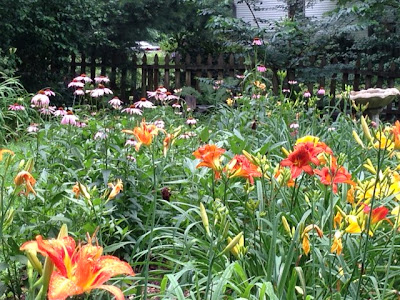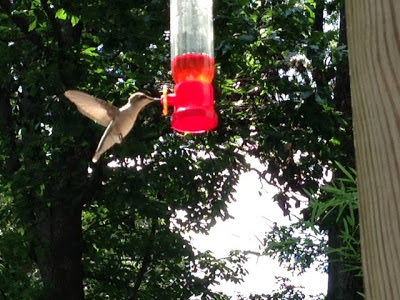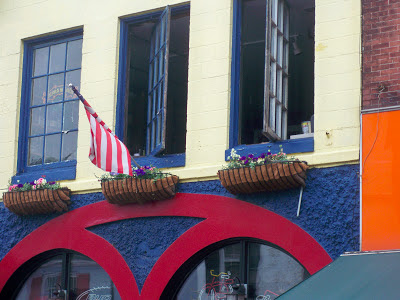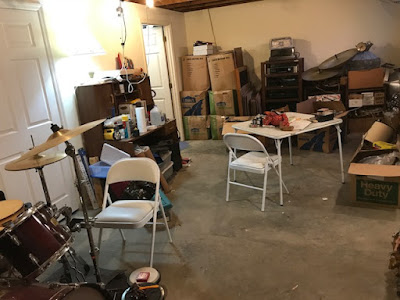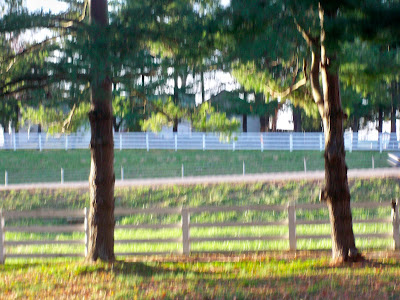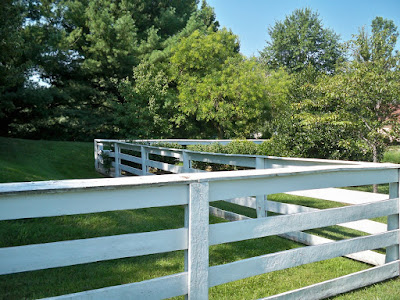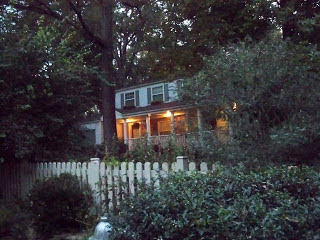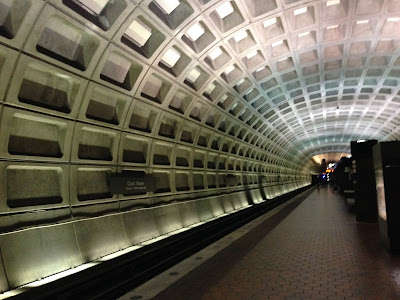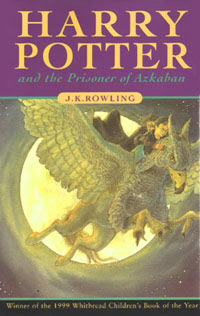Dutch Wave
The headline caught my eye yesterday. “An inspiring green space in the concrete jungle.” Could it be the High Line? And yes, it was.
Gardening columnist Adrian Higgins wrote about the verdancy of New York City’s linear park, its stunning perennials and the way the wildlings (I love that word) mimic the flowers and weeds that flourished on the abandoned train line before it became an urban rooftop garden.
Higgins focuses on the plants themselves and the style of their plantings, as well as the man behind the beauty. Landscape designer Piet Oudolf is a leader of the “Dutch Wave” school of gardening, which is heavy on perennials and herbs and pollinators.
It’s nice to have a name for the pleasing combination of shaggy grasses and delicate flowers. Not that I will try to create it at home but so I can roll it around in my mind as I stroll, recreating the walks I’ve taken on the High Line, a place where plants and people come together so admirably.
(The perennials in my garden are not Dutch Wave.)
